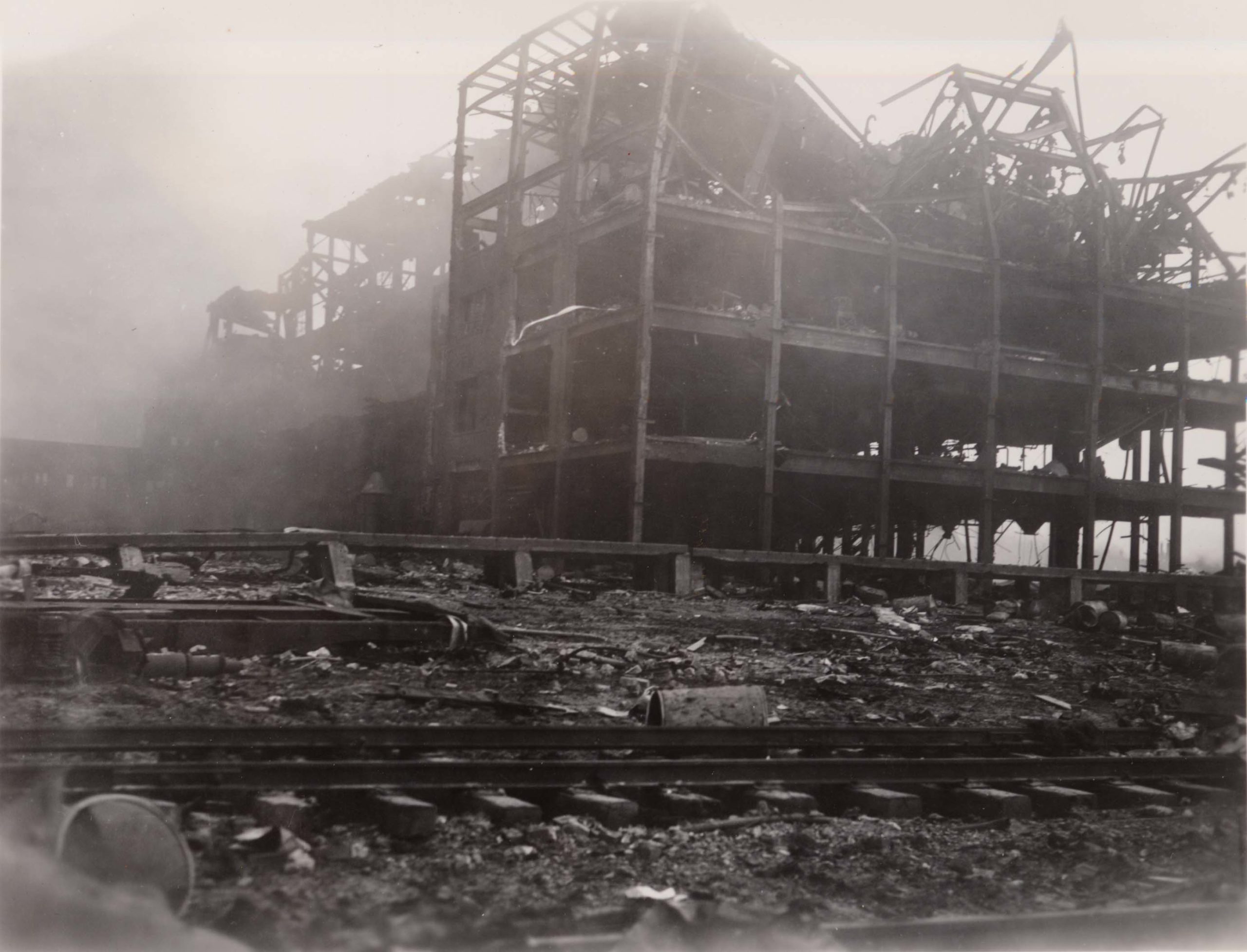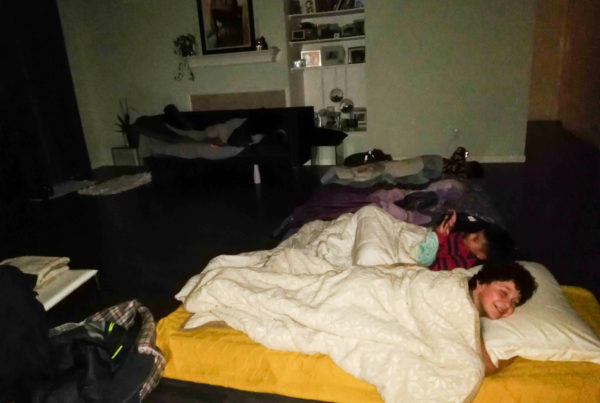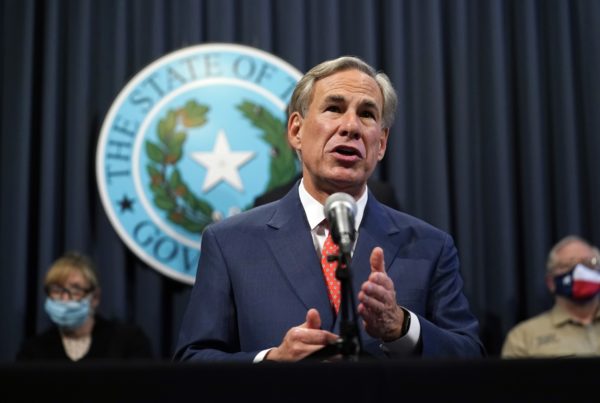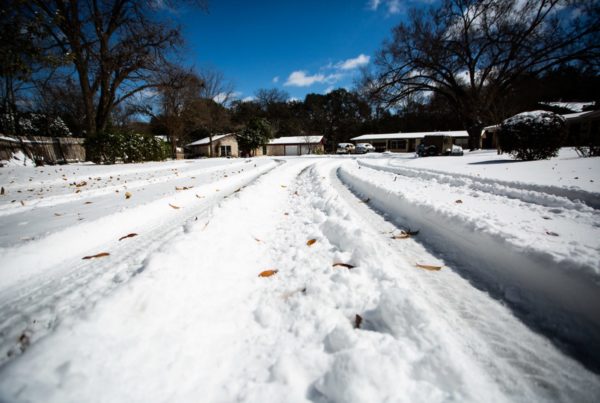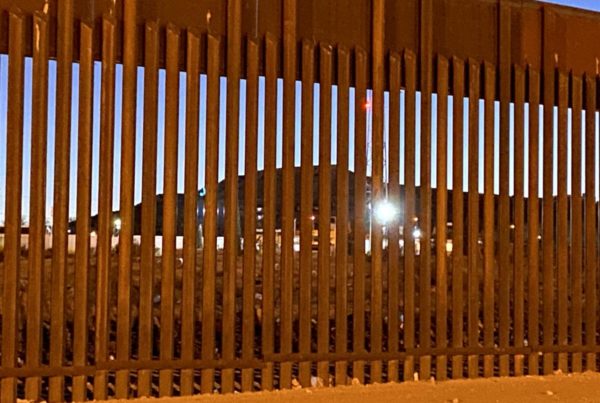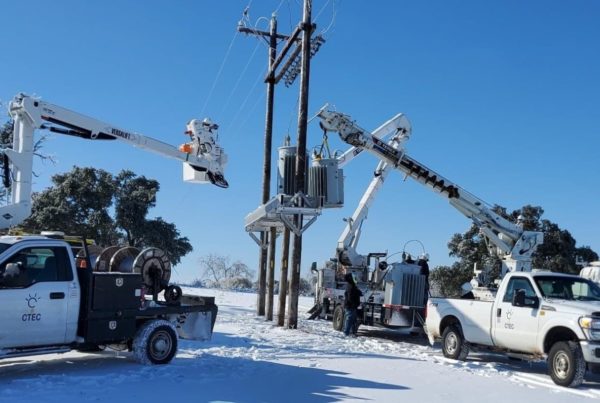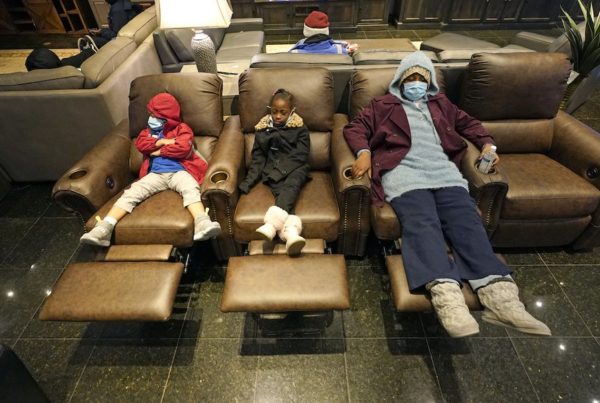Five days of below-freezing temperatures last week, with icy roads and power blackouts, kept many Texans from going to work or even logging into work remotely. For some, emergency leave or vacation time filled the financial gap. But for others, hours not worked meant hours not paid.
So what might change for workers in Texas as a result of the storm? Disasters of the past might offer some clues.
Tom Alter teaches history at Texas State University, specializing in issues of labor, race, capitalism and populism. He is also a member of a labor union.
In 1913, severe flooding occurred in Central Texas, wiping out land worked by tenant farmers. Some 52% of farmers in the state were tenants at that time.
“The Socialist Party was basically the only organization advocating for tenant farmers,” Alter told Texas Standard.
In 1947, a French ship that was full of ammonium nitrate exploded, touching off the Texas City disaster that killed 581 people. Alter says.
“Out of that, there was a number of changes,” he said. “Texas City became a port only for oil, and the disaster brought changes in chemical manufacturing and new regulations for the bagging and handling and shipping of chemicals.”
When labor laws are changed in response to disasters, it’s often the result of workers uniting to push for change. And in Texas, labor unions have traditionally been weak or nonexistent. Alter says stronger unions would help.
“And if you have an employer or a boss that’s cutting corners, for example, by refusing to live up to OSHA [Occupational Safety and Health Administration] safety standards – or, in the case of last week, not winterizing equipment – if you’re a nonunionized worker, you’re going to be fearful of speaking out against that.”
Alter says outrage among many Texans after multiday cuts to power and water during the winter storm could lead to changes in regulations and better protections for workers in similar circumstances. He notes that the so-called Green New Deal, which focuses on renewable energy sources over fossil fuel use, or government control of utilities, could change the equation for workers and consumers. Alter is hopeful, if not optimistic.
“Anything’s possible,” he said.


